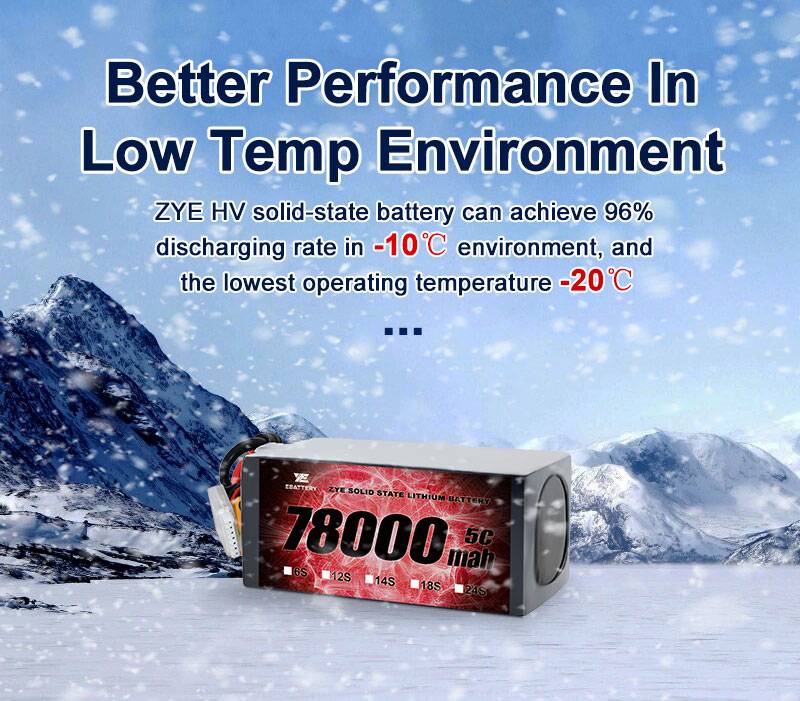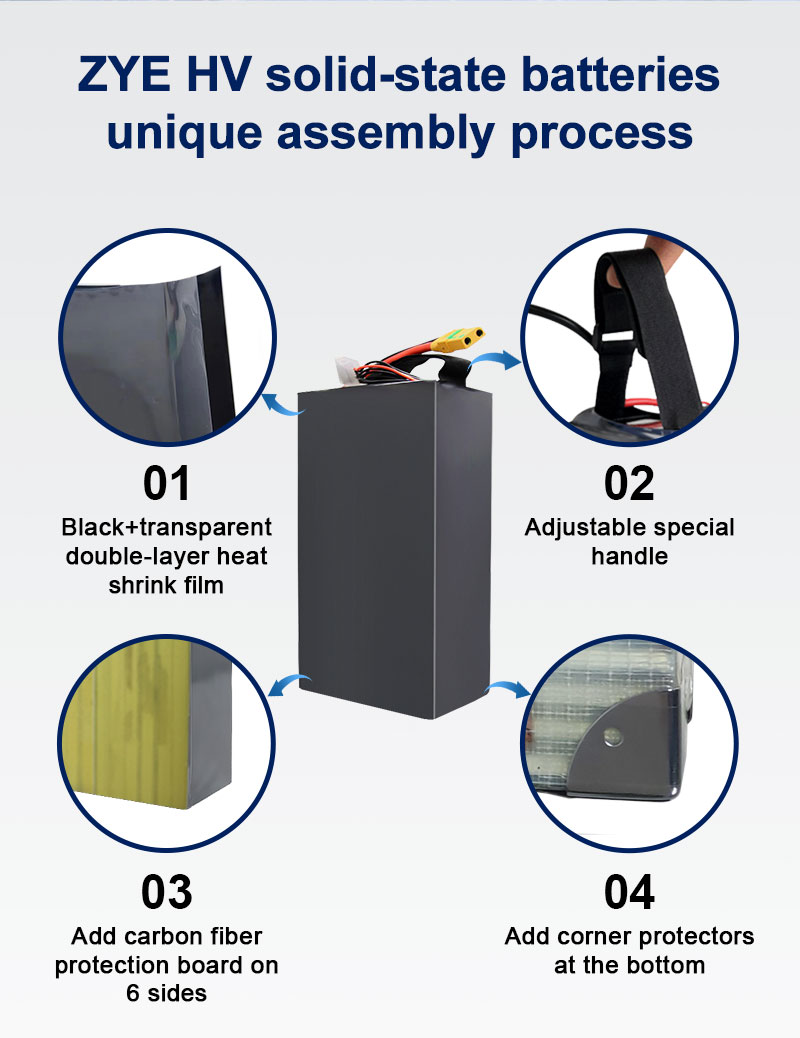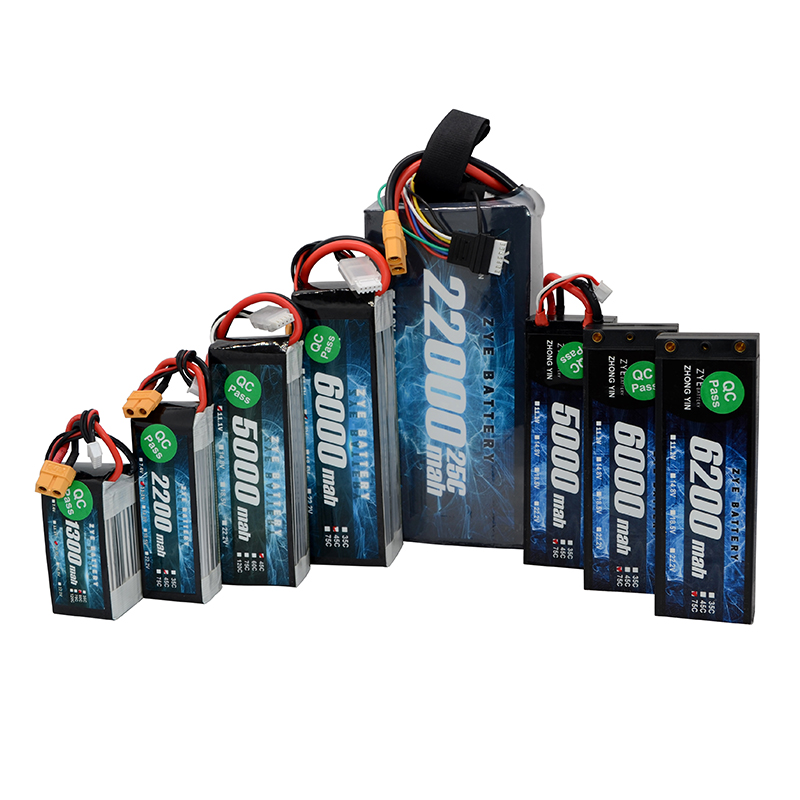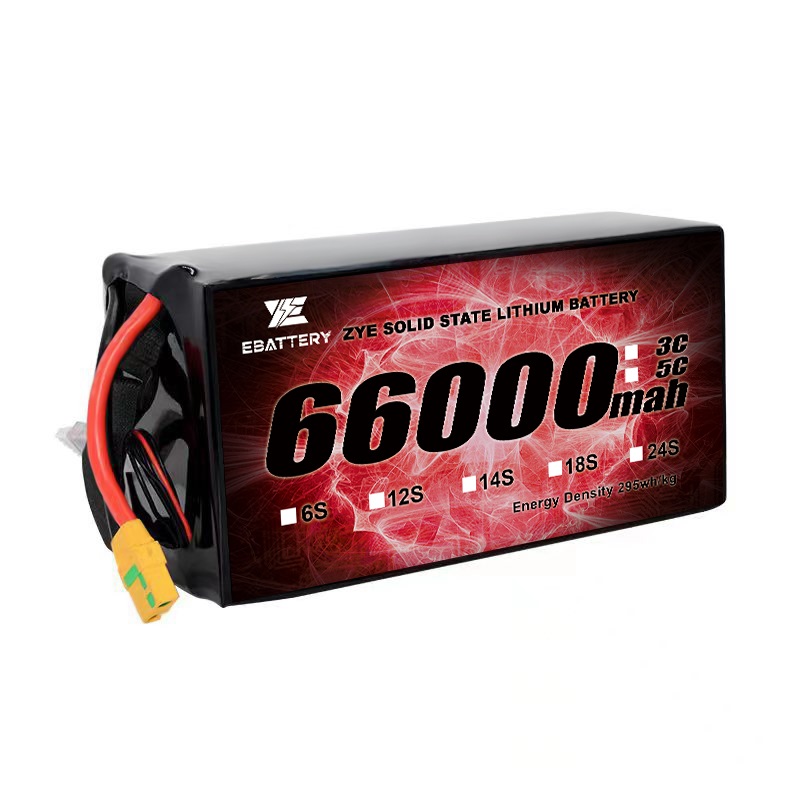How do solid state batteries compare to lithium ion batteries in terms of safety?
Have you ever worried about your phone overheating or even exploding while charging it? Have you ever felt concerned about battery safety after seeing news reports of drones catching fire due to battery issues? Among the various types of batteries available, solid state batteries and lithium ion batteries are often compared. Which one is safer?
To explore this question, we need to start with the core components of batteries.
1. Electrolyte: The First Line of Defense for Safety
Lithium-ion batteries typically use organic liquid electrolytes, which have a certain degree of flammability. When the battery is subjected to mechanical impact, overcharging, or high temperatures, internal short circuits can occur, causing a rapid rise in temperature. The liquid electrolyte may decompose and release flammable gases, leading to combustion or even explosions, many of which are related to the instability of the liquid electrolyte.
In contrast, semi-solid-state-battery use solid electrolytes such as ceramics or polymers, which exhibit excellent chemical stability and non-flammability. Even under extreme conditions, solid electrolytes are unlikely to decompose or leak, significantly reducing the risk of fire or explosion. Sulfide solid electrolytes have a ignition point exceeding 500°C, while oxide electrolytes remain stable even at 800°C.
Structurally, the electrodes in lithium ion batteries are closely spaced, making them prone to dendrite growth. Dendrites are tree-like crystals formed by the uneven deposition of lithium ions on the electrode surface during charging and discharging.
They can pierce the separator, causing internal short circuits and safety incidents. In contrast, the solid electrolytes in solid-state batteries have high mechanical strength, effectively suppressing dendrite growth and penetration, further enhancing battery safety.
2. Survival Competition in Extreme Environments

At -20°C, the liquid electrolyte in lithium-ion batteries becomes viscous, causing a sharp drop in ion conductivity efficiency. This not only reduces battery life but may also exacerbate dendrite growth due to uneven charging and discharging. In contrast, solid-state batteries using sulfide electrolytes can maintain over 70% of their capacity at -40°C, and the dendrite growth rate at low temperatures is only one-fifth that of lithium-ion batteries.
The gap becomes even more pronounced in high-temperature environments. When the ambient temperature reaches 45°C, lithium-ion batteries require a cooling system to maintain safety, while solid-state batteries, after 500 cycles of continuous charging and discharging at 60°C, exhibit only a 3% increase in capacity degradation compared to room temperature conditions.
3. Balancing Safety in the Commercialization Process
However, solid state batteries currently face some challenges.
For instance, their production costs are relatively high, and the manufacturing process is more complex, which to some extent limits their large-scale application. Lithium-ion batteries, on the other hand, have undergone years of development, with relatively mature technology and lower costs, making them dominant in the market.
Although solid-state batteries theoretically offer superior safety, they still need to address practical challenges at this stage.
The interface impedance issue of all-solid-state batteries has not yet been fully resolved, and some manufacturers have adopted a “semi-solid-state” transitional solution—retaining a small amount of liquid electrolyte to enhance conductivity.

Choosing a battery is essentially choosing a safety philosophy: lithium-ion batteries are like precision Swiss Army knives, achieving controllable safety through complex protective measures; solid-state batteries are like a solid rock, inherently stable and resistant to risks.
Overall, in terms of safety, solid-state-battery indeed has an advantage over lithium-ion batteries due to the characteristics of their solid-state electrolytes and superior structural design. As technology continues to advance, the cost of solid-state batteries is expected to gradually decrease, and they may eventually replace lithium-ion batteries in more applications, providing safer energy solutions for our lives.
To learn more about solid-state-battery or explore options for your specific needs? Our team at ZYE is here to help.
We specialize in cutting-edge battery technologies and can provide expert guidance on choosing the right solution for your application.
Don't hesitate to reach out to us at coco@zyepower.com for more information or to discuss your requirements. Let's power the future together!
























































